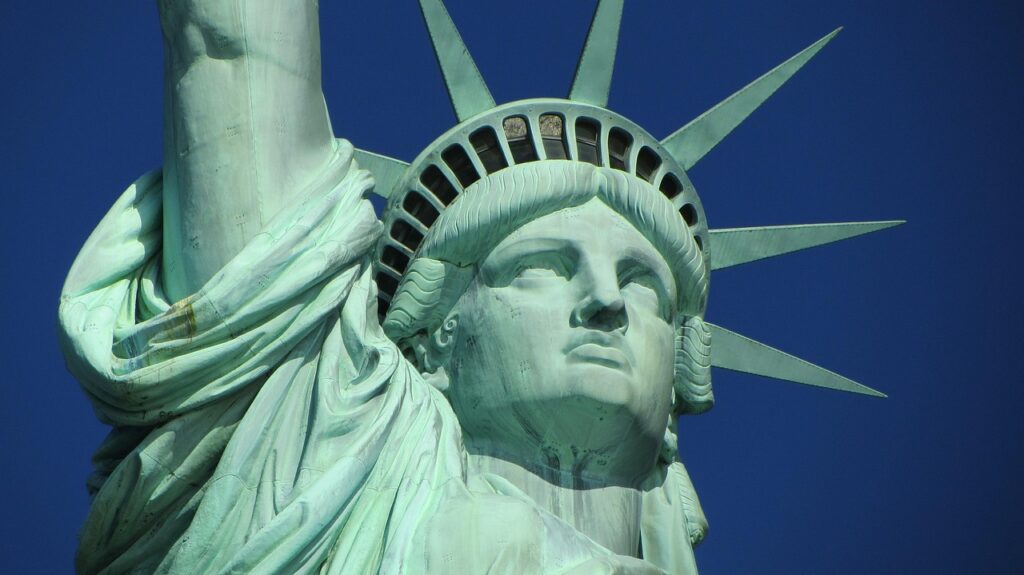The US Supreme Court, with a conservative majority, is about to wrap up its annual session with a series of decisions that could change the lives of millions of Americans. Among the topics being addressed, LGBT+ rights take center stage, but the Court must also rule on birthright citizenship, online protection for minors, and electoral redistricting.
1. LGBT+ Rights in Schools: The Debate Over Parental Notification
One of the most closely watched cases directly concerns young people’s LGBT+ rights. It involves a conflict between parents and school authorities over the right to be informed when books addressing LGBT+ themes are used in class. Parents are asking to be notified so they can withdraw their children from class if they wish, citing their freedom of religion (First Amendment).
The Supreme Court must therefore decide: to what extent do schools have the freedom to address these topics, and to what extent do parents have the right to protect their children according to their religious beliefs?
Currently, court precedent holds that simply being exposed to different ideas does not constitute an infringement on religious freedom. But the debates have shown that some justices are sympathetic to the parents’ arguments.
Why is this important?
This decision could influence how schools address LGBT+ issues in the future. If the Court sides with the parents, it could limit access to books or lessons on sexual and gender diversity. Conversely, if it upholds the schools’ freedom, it will protect the place of these topics in education.
2. Other Major Cases: Birthright Citizenship, Online Privacy, and Voting
While the focus here is on LGBT+ rights, it’s important to note that the Supreme Court must also rule on other major issues:
- Birthright citizenship: The Trump administration tried to challenge the automatic acquisition of American citizenship for anyone born on US soil. The question now is whether judges can suspend a government decision nationwide.
- Online protection for minors: A Texas law requires adults to provide personal data to access pornographic websites, in order to block access for minors. Advocacy groups are challenging this law on free speech grounds.
- Electoral redistricting: The Court must also rule on a new electoral map in Louisiana, which could advantage or disadvantage certain communities, especially minorities.
3. Why These Decisions Matter for Young People
The Supreme Court’s decisions have a direct impact on the lives of young Americans, especially regarding LGBT+ rights. They determine how schools address diversity, how young people are protected online, and even who has the right to become a US citizen.
Vous aimerez aussi
-

Bad Bunny Makes Grammys History — and Turns the Stage Into a Political Movement
It was a night that rewrote the rules of pop culture — in Spanish. At
-

Bright Brussels Festival celebrates its 10th anniversary
Bright Brussels Festival is already celebrating its 10th edition, confirming its status as one of
-

Love Wins at FC Köln: Referee Proposes to His Partner on the Pitch
German referee Pascal Kaiser turned a regular football match in Cologne into a moment of
-

UP Festival: “BELLO!” – When Beauty Meets Acrobatic Irony
What is beauty—and who decides what qualifies? That’s the central question tackled by Fabbrica C, the
-

The New KET Is Out: Queer Brussels Keeps Moving
KET Magazine Issue 11 is out now and available in LGBTQIA+ safe spaces across Brussels,

